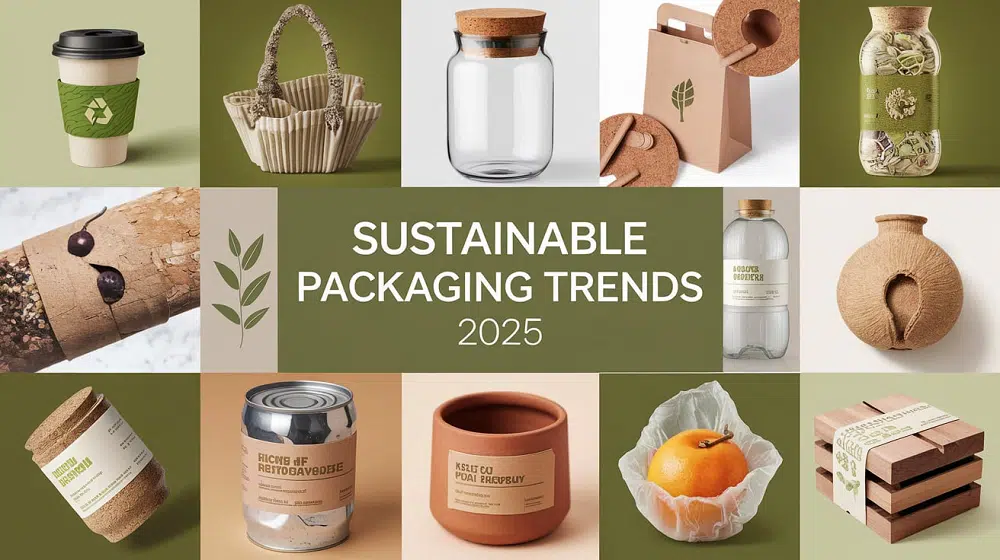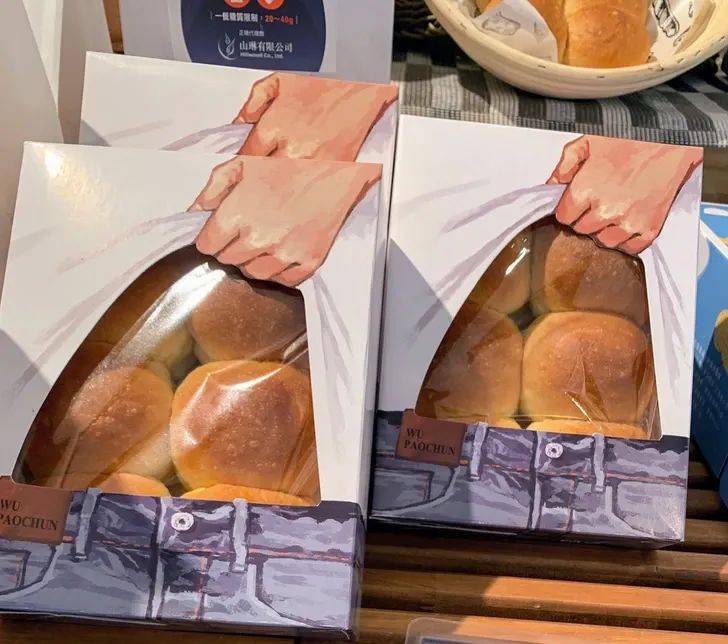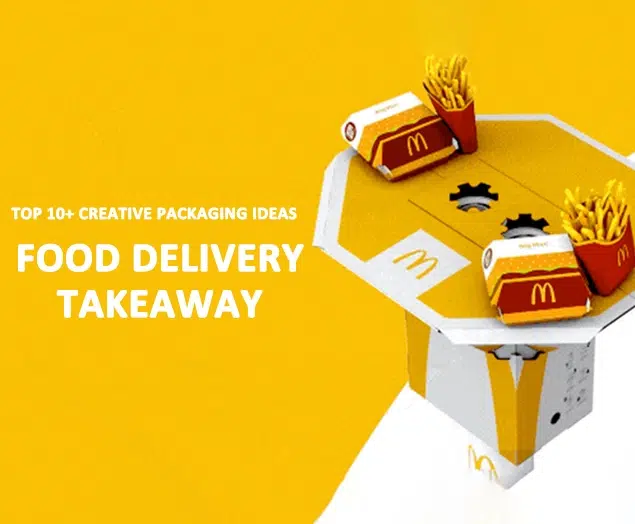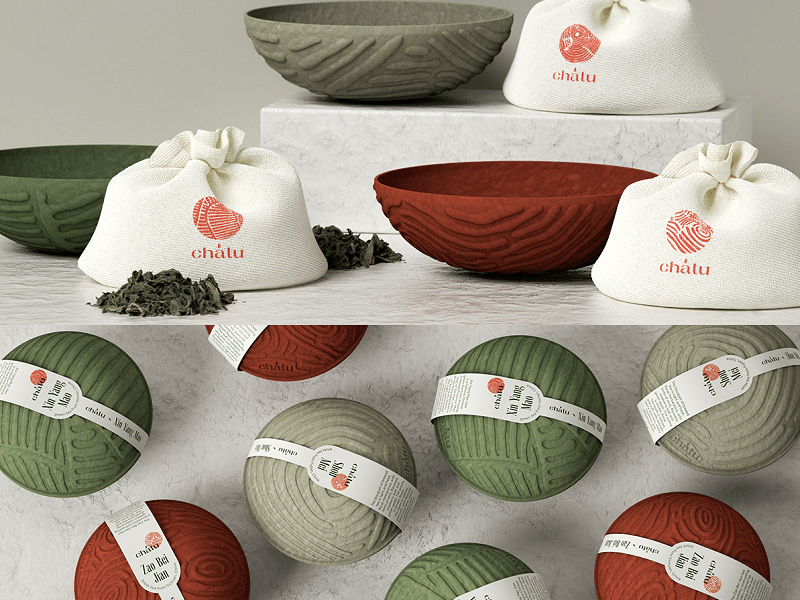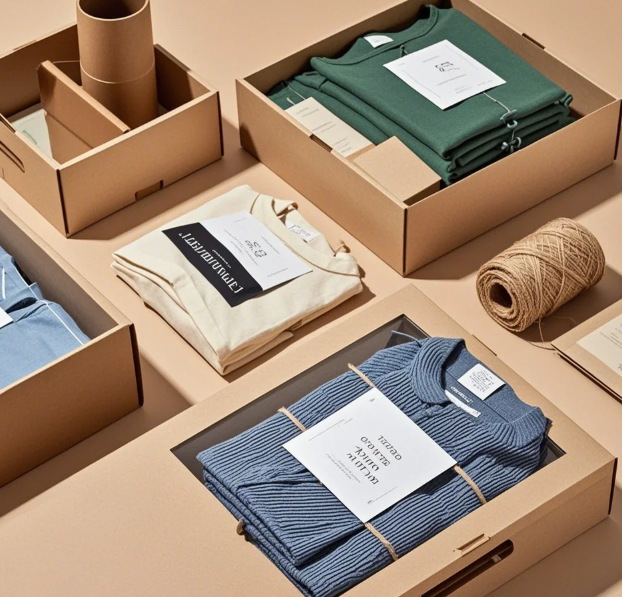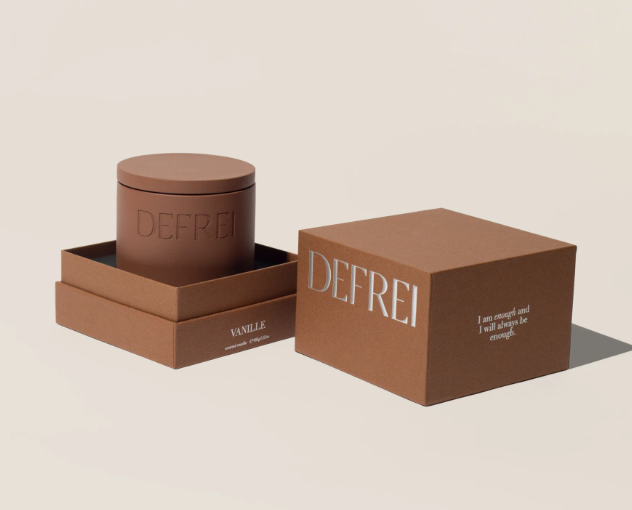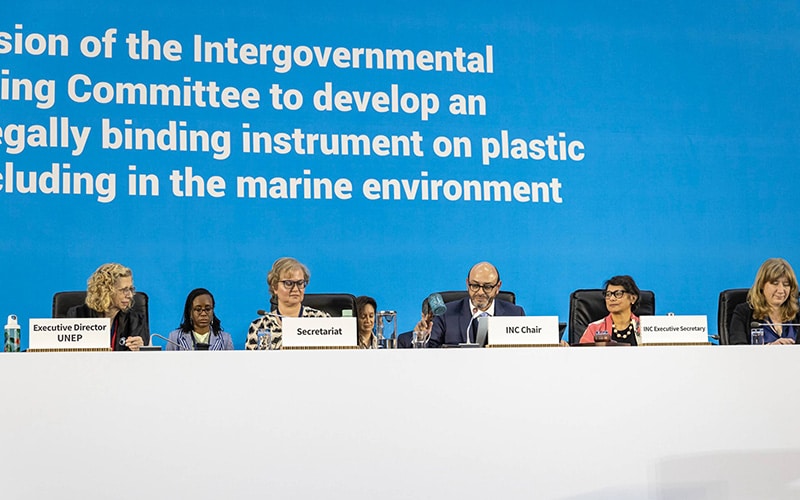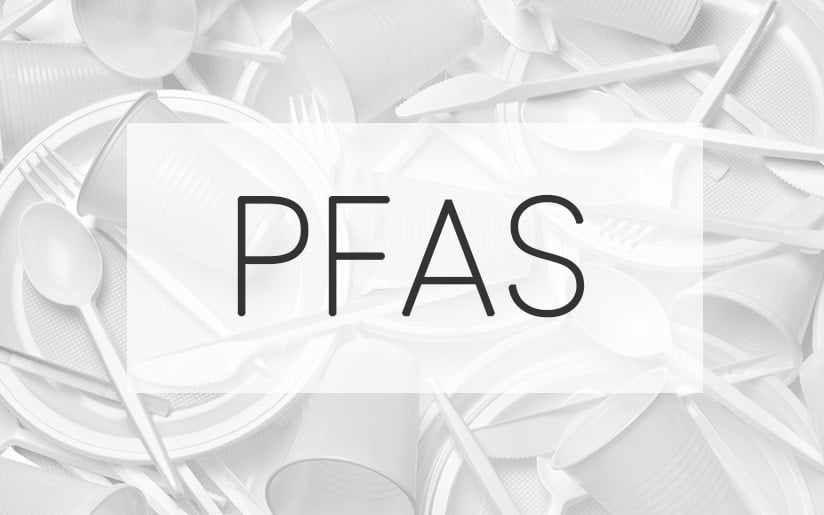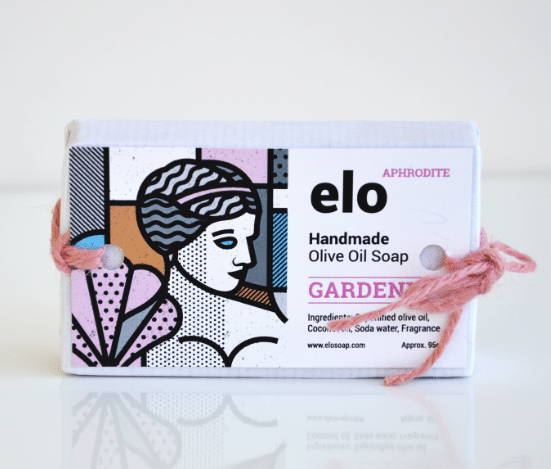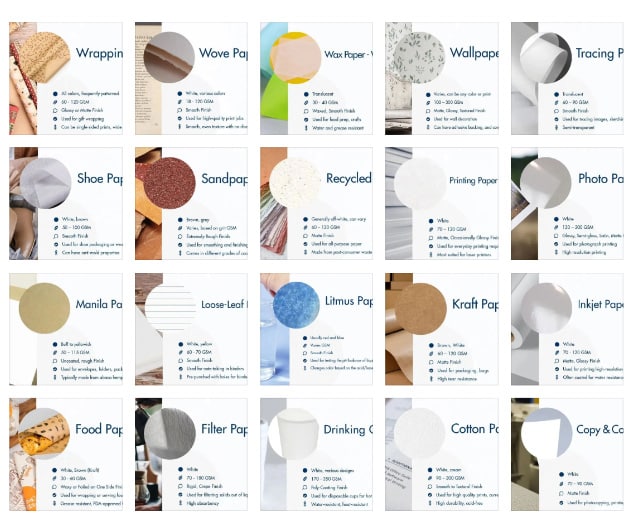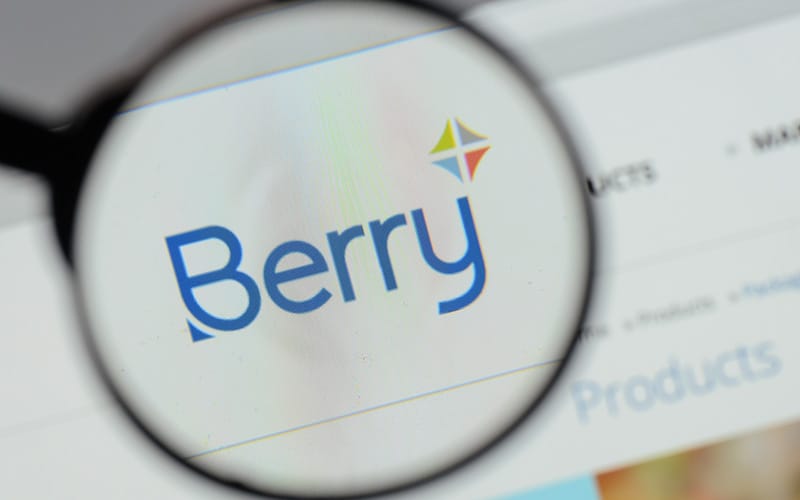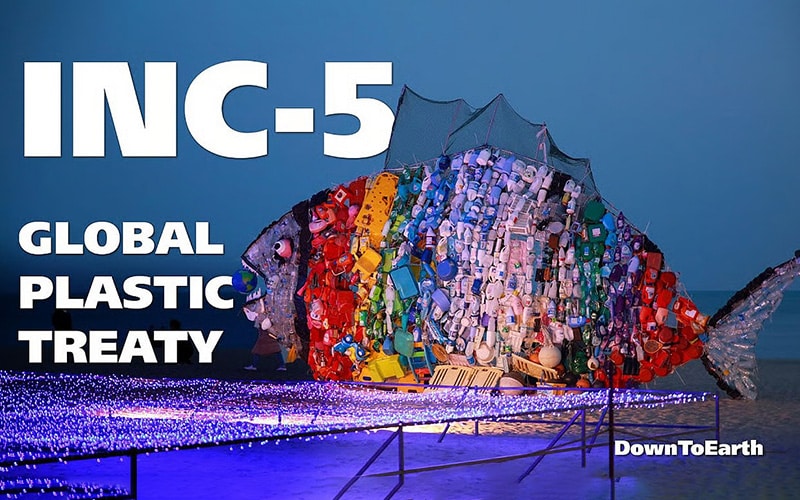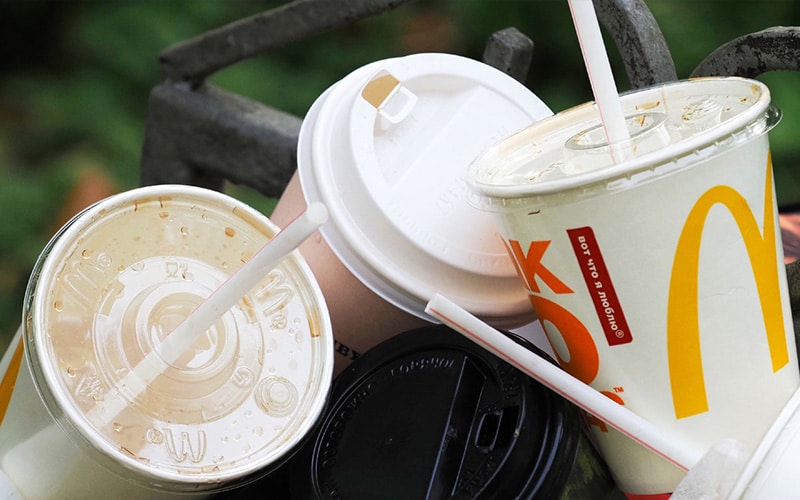- HOME
- ECO PACKAGING
- PAPER PACKAGING
-
SOLUTIONS
-
ECO Packaging Solutions
Perfume Pulp Packaging Cosmetics Pulp Packaging Jewelry Pulp Packaging Food Pulp Packaging Electronics Pulp Packaging Festival Pulp Packaging
-
Popular Packaging Solutions
Perfume Packaging Cosmetics Packaging Jewelry Packaging Food Packaging Watch Packaging Supplement Packaging Electronics Packaging Christmas Packaging Valentine Packaging Halloween Packaging
-
- Custom
- ABOUT
- SUSTAINABILITY
- RESOURCES
- CONTACT
- HOME
- ECO PACKAGING
- PAPER PACKAGING
-
SOLUTIONS
-
ECO Packaging Solutions
Perfume Pulp Packaging Cosmetics Pulp Packaging Jewelry Pulp Packaging Food Pulp Packaging Electronics Pulp Packaging Festival Pulp Packaging
-
Popular Packaging Solutions
Perfume Packaging Cosmetics Packaging Jewelry Packaging Food Packaging Watch Packaging Supplement Packaging Electronics Packaging Christmas Packaging Valentine Packaging Halloween Packaing
-
- RESOURCES
- ABOUT
- CUSTOM
- CONTACT US
- SUSTAINABILITY




